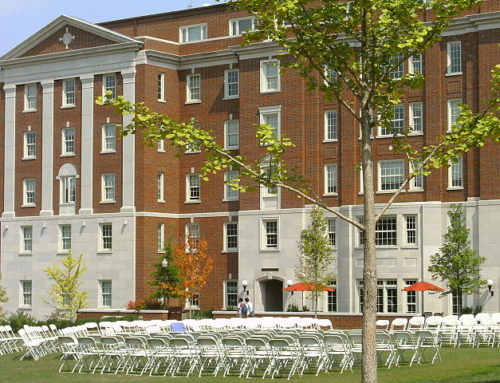Jeff Bezos, Amazon founder and CEO, announced recently that he was committing $10 billion to combat climate change through a global initiative, called the Bezos Earth Fund. Bezos said: “The fund will support scientists, activists, nongovernmental organizations and any effort that offers a real possibility to help preserve and protect the natural world from the devastating impact of climate change on this planet that we all share.” Bezos hopes that the world will be carbon neutral by 2040.
In part, Bezos’ philanthropy was motivated to meet the demand of thousands of Amazon employees who in May submitted a proposal that the company develop a comprehensive climate-change plan and reduce Amazon’s carbon footprint. In addition, Bezos hopes that his efforts thwart a U.N. warning that future generations of children’s health will be impaired because of environmental deterioration.
Earlier this year, the Intergovernmental Panel on Climate Change of the United Nations issued a dire warning that climate change has created:
- More powerful hurricanes,
- Worsened droughts,
- Melted glaciers
- Elevated sea levels.
The IPCC report, a massive undertaking, comprised three years of work by more than 130 authors, synthesizing more than 6,000 scientific references and fielding more than 42,000 comments.
Since the beginning of the industrial revolution, human activity has increased the earth’s temperature by almost 2 degrees Fahrenheit. The United Nations projected another 2 degrees increase by 2100 unless we control greenhouse emissions. Approximately 20% of the warming impacts the atmosphere; the remaining 80% impacts oceans. As a consequence, our warming oceans create more acidity, killing off coral reefs and threatening the entire oceanic food chain.
Since 1950, sea level around Florida has risen 8 inches primarily from thermal expansion of warming oceans and melting ice from the Arctic and Antarctic. In Florida, the bedrock beneath the state is porous limestone, which acts like a hard sponge full of holes and allows groundwater to rise at the same rate as the ocean. This can make flood mitigation efforts complicated, as some traditional methods won’t work. Water can flow through the porous ground, up from below, and under sea walls.
Rising sea levels will cause major damage to our state. Already in some places saltwater has intruded into drinking water and compromised sewage plants. Some 120,000 properties are at risk from frequent total flooding. In response, the state is planning to spend over $ 4 billion to combat sea level rise.
With sea temperatures increasing, we see three other major impacts. Hurricanes are becoming more intense, sometimes moving more slowly, thereby dumping massive amounts of water on the land. In addition, stronger hurricanes inflict more wind damage. As a consequence of warmer water, the Gulf of Mexico does not cool down enough in winter to kill harmful algae, leading to enhanced red tides.
On a local level, the Climate Adaption Center has begun operations. Its CEO, Bob Bunting, envisions that his organization will serve as a resource for government, academe, and private sector to better understand the climate problem and take reasonable steps to mitigate its worst aspects. Bringing the global climate issue into local focus is key to initiate local and regional action.
CAC is creating a database built on scientific understanding. The database will provide readily understandable information for nonscientists. This $2 million project, supported by donations, will provide information that will enable decision-makers to take remedial action. Furthermore, CAC wants to develop a world-class website that will facilitate the activities of decision-makers so that they can take steps to protect our way of life. Annual briefings on the state of climate warming are planned for the public, government, companies and academic institutions in order to help forge mitigation and adaptation projects.
Originally published in the Sarasota Herald-Tribune



